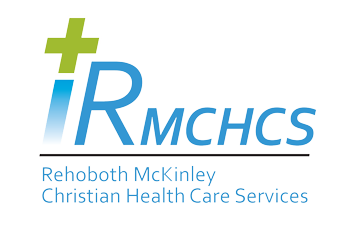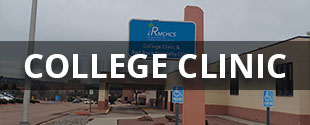No Surprise Billing Act
Your Rights and Protections Against Surprise Medical Bills
What is "balance billing" (sometimes called "surprise billing")?
When you see a doctor or other health care provider, you may owe certain out-of-pocket costs, such as a copayment, coinsurance, and/or a deductible. You may have other costs or have to pay the entire bill if you see a provider or visit a health care facility that isn't in your health plan's network.
"Out-of-network" describes providers and facilities that haven't signed a contract with your health plan. Out-of-network providers may be permitted to bill you for the difference between what your plan agreed to pay and the full amount charged for a service. This is called "balance billing." This amount is likely more than in-network costs for the same service and might not count toward your annual out-of-pocket limit.
"Surprise billing" is an unexpected balance bill. This can happen when you can't control who is involved in your care--like when you have an emergency or when you schedule a visit at an in-network facility but are unexpectedly treated by an out-of-network provider.
You are protected from balance billing for:
Emergency services
If you have an emergency medical condition and get emergency services from an out-of-network provider or facility, the most the provider or facility may bill you is your plan's in-network cost-sharing amount (such as copayments and coinsurance). You can't be balance billed for these emergency services. This includes services you may get after you're in stable condition, unless you give written consent and give up your protections not to be balanced billed for these post-stabilization services.
Certain services at an in-network hospital or ambulatory surgical center
When you get services from an in-network hospital or ambulatory surgical center, certain providers there may be out-of-network. In these cases, the most those providers may bill you is your plan's in-network cost-sharing amount. This applies to emergency medicine, anesthesia, pathology, radiology, laboratory, neonatology, assistant surgeon, hospitalist, or intensivist services. These providers can't balance bill you and may not ask you to give up your protections not to be balance billed. If you get other services at these in-network facilities, out-of-network providers can't balance bill you, unless you give written consent and give up your protections.
You're never required to give up your protections from balance billing. You also aren't required to get care out-of-network. You can choose a provider or facility in your plan's network.
When balance billing isn't allowed, you also have the following protections:
in-network). Your health plan will pay out-of-network providers and facilities directly.
Non-Emergency Care--Limitation on Charges:
Other than applicable cost sharing that would apply if a participating provider had rendered the same services, a health insurance carrier shall provide reimbursement for and a covered person shall not be liable for charges and fees for covered non-emergency care rendered by a nonparticipating provider that are delivered when:
Except as set forth herein, nothing in this section shall preclude a nonparticipating provider from balance billing for non-emergency care provided by a nonparticipating provider to an individual who has knowingly chosen to receive services from that nonparticipating provider.
Any communication from a provider, bill collector or health insurance carrier pertaining to services provided under circumstances giving rise to a surprise bill shall clearly state that the covered person is responsible only for payment of applicable in-network cost-sharing amounts under the covered person's health benefits plan.
When a nonparticipating provider under nonemergency circumstances has advance knowledge that the nonparticipating is not contracted with the covered person's health insurance carrier, the nonparticipating provider shall inform the covered person of the nonparticipating provider's nonparticipating status and advise the covered person to contact the covered person's health insurance carrier to discuss the covered person's options.
If you believe you've been wrongly billed, you may contact the federal phone number for information and complaints at 1-800-985-3059
Visit www.cms.gov/nosurprises/consumers for more information about your rights under federal law.
Visit www.osi.state.nm.us or call 1-855-427-5674 for more information about your rights under state law.











